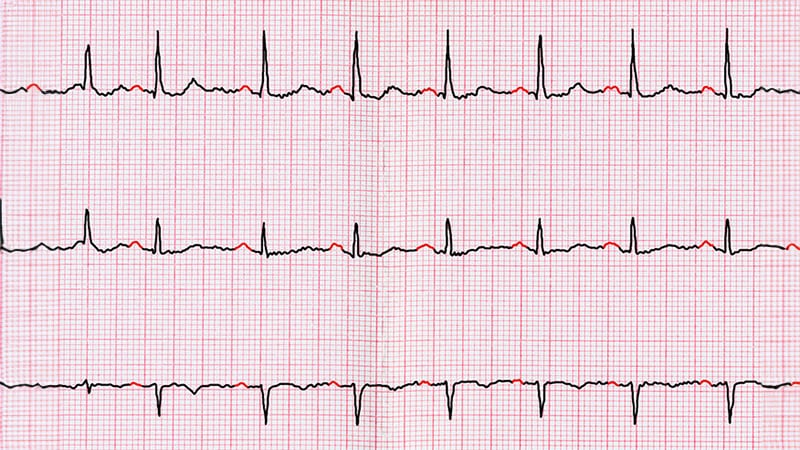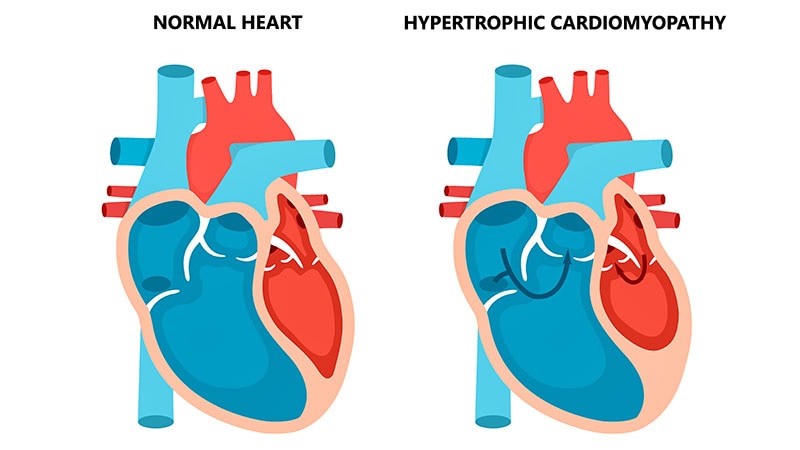Takeaway
- Compared to men, women with dilated cardiomyopathy (DCM) have better survival, which may be partly attributed to less severe left ventricular dysfunction and a smaller scar burden.
- Increased mortality driven by non-sudden death in patients >60 years of age is less marked in women.
Why this matters
- Data suggest that women with heart failure (HF) have better transplant-free survival compared to men. In women, whether this relates to a higher proportion of non-ischaemic HF or is independent of aetiology remains controversial.
Study design
- Study evaluated the association between sex, age, and all-cause mortality in consecutive patients with suspected DCM (n=881, 290 women, median age 52 years).
- Median follow-up period: 4.9 years.
- Funding: None disclosed.
Key results
- Compared to men, HF was more likely to be the presenting symptom (54.5% vs 64.0%; P=.007) with more severity in women (P<.0001).
- Compared to men, women had smaller left ventricular end-diastolic volume (P<.001), higher left ventricular ejection fraction (P=.019), and were less prone to have mid-wall late gadolinium enhancement (P<.0001).
- 149 (16.9%) patients died during follow-up [99 (11.2%): cardiovascular causes; 50 (5.7%): non-cardiovascular causes].
- After adjustment, women had lower all-cause mortality (HR, 0.61; P=.018), and showed similar trends for cardiovascular (HR, 0.60; P=.07), non-sudden (HR, 0.63; P=.06) and sudden death (HR, 0.70; P=.41).
- All-cause mortality (per 10 years: HR, 1.36; P<.0001) and non-sudden death (per 10 years: HR, 1.51; P<.00001) increased with age.
Limitations
- Single centre study.
- Selection bias.
References
References



